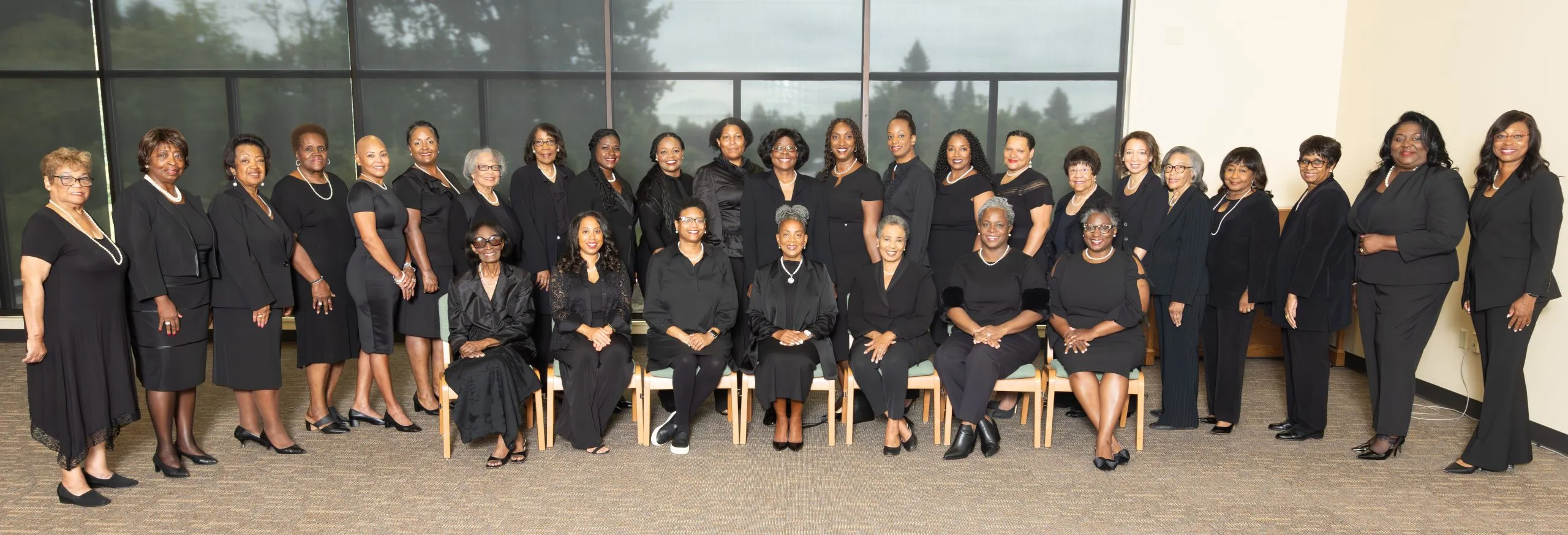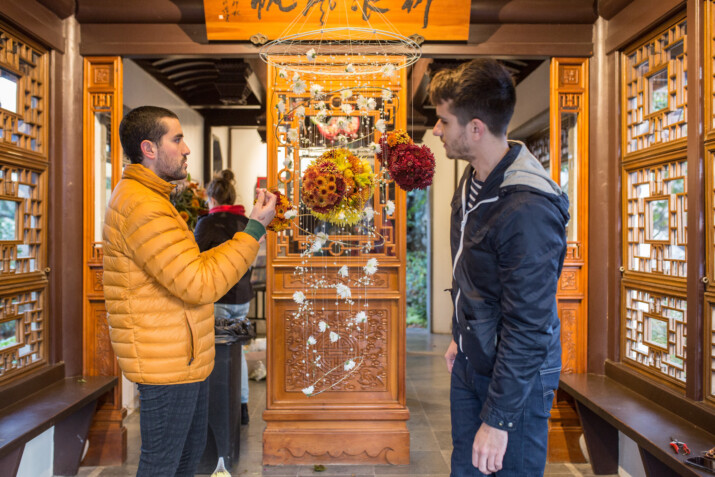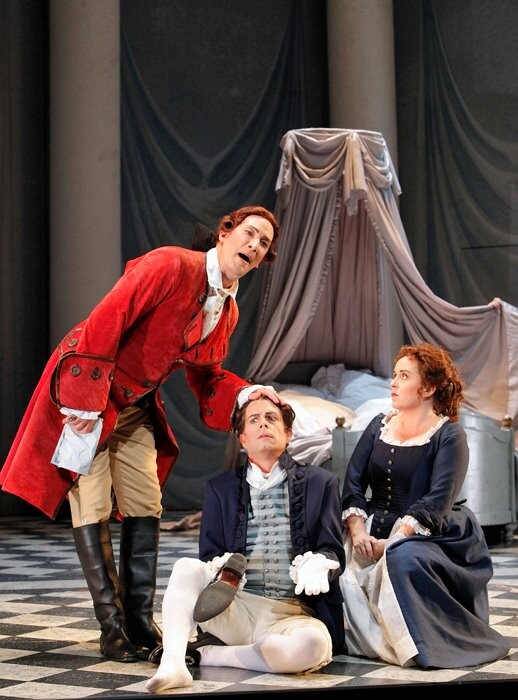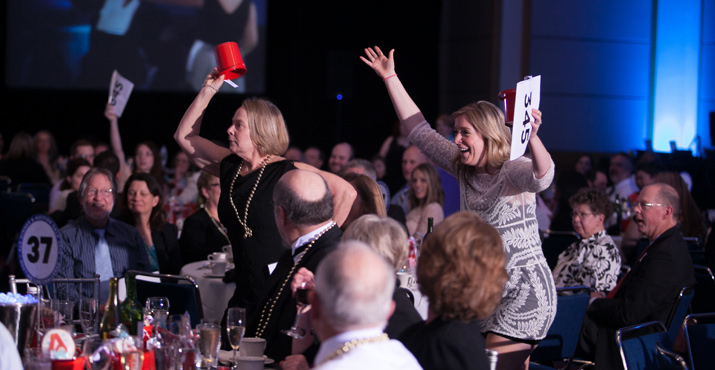
ALS Association Support Heats Up With The Ice Bucket Challenge
Portland, March 14th, 2015. There were lots of excited ALS supporters at the nonprofit’s gala. The event drew over 600 people who had the chance to bid on live auction packages such as a trip for two to climb Mt. Kilimanjaro. The benefit raised $345,000 to continue the fight against ALS. Patrons also had the exclusive opportunity to hear from Barbara Newhouse, President and CEO of The National ALS Association as well as Nancy Frates, mother to Pete Frates, one of the young men who helped initiate the Ice Bucket Challenge out of Beverly, Massachusetts. At the event Claudia and Molly McClure had fun capturing the auctioneer’s attention.
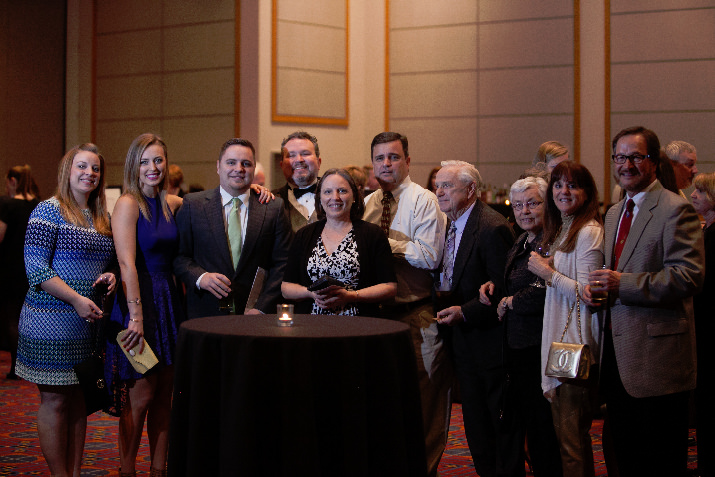
Executive Director, Lance Christian, shares his gratitude with the Fylan family for their attendance and participation in the evening’s festivities.

Barbara Newhouse, CEO and President of The ALS Association, addressed the crowd with an update on ALS research and the success of the Ice Bucket Challenge influence.

Nancy Frates, mother of Pete Frates, one of the inspirations behind the ALS Ice Bucket Challenge, addressed the crowd after accepting the ALS Hope Award.
In just over six months since the Ice Bucket Challenge soaked the nation, The ALS Association has made considerable progress in developing and executing strategies to put the incredible financial support to immediate use in the fight against amyotrophic lateral sclerosis (ALS). Last summer, 15 million people in the U.S. participated in the Ice Bucket Challenge—or roughly five percent of the population—and donated over $115 million to The ALS Association. Since that time, The Association has laid out a strategy to triple the amount it spends on research every year.
“Ice Bucket Challenge donations have enabled us to reinforce and reenergize our efforts to find treatments for this disease,” said Barbara J. Newhouse, President and CEO of The ALS Association. “We are so profoundly grateful and are committed to making the biggest impact in the fight against ALS.”
Right here in Oregon and SW Washington, the local chapter of The ALS Association has enhanced its Care Services programs by increasing participation in its In-Home Caregiving Program, expanding its Assistive Technology Support Program, and growing their supports for children who have a parent or grandparent living with ALS. ALS occurs every 90 minutes in the United States which means that every day, there are newly diagnosed people who need the supports of this local chapter, headquartered in Portland, Oregon with satellite staff in Central Oregon, Southern Oregon and the Willamette Valley.
“Until there is a treatment and a cure for this deadly disease, we are committed to enhancing the quality of life for all families living with ALS,” said Christian. “The Ice Bucket Challenge has proven that ALS hits remarkable people and it’s our sincere honor to serve them.”
Just what is ALS?
ALS was first found in 1869 by French neurologist Jean-Martin Charcot, but it wasn’t until 1939 that Lou Gehrig brought national and international attention to the disease. Ending the career of one of the most beloved baseball players of all time, the disease is still most closely associated with his name. Amyotrophic lateral sclerosis (ALS) is a progressive neurodegenerative disease that affects nerve cells in the brain and the spinal cord. Motor neurons reach from the brain to the spinal cord and from the spinal cord to the muscles throughout the body. The progressive degeneration of the motor neurons in ALS eventually leads to their death. When the motor neurons die, the ability of the brain to initiate and control muscle movement is lost. With voluntary muscle action progressively affected, patients in the later stages of the disease may become totally paralyzed.

Most commonly, ALS strikes people between the ages of 40 and 70, and as many as 30,000 Americans have the disease at any given time. ALS has cut short the lives of other such notable and courageous individuals as Hall of Fame pitcher Jim “Catfish” Hunter, Senator Jacob Javits, actors Michael Zaslow and David Niven, creator of Sesame Street Jon Stone, television producer Scott Brazil, boxing champion Ezzard Charles, NBA Hall of Fame basketball player George Yardley, pro football player Glenn Montgomery, golfer Jeff Julian, golf caddie Bruce Edwards, British soccer player Jimmy Johnstone, musician Lead Belly (Huddie Ledbetter), photographer Eddie Adams, entertainer Dennis Day, jazz musician Charles Mingus, former vice president of the United States Henry A. Wallace and U.S. Army General Maxwell Taylor.












